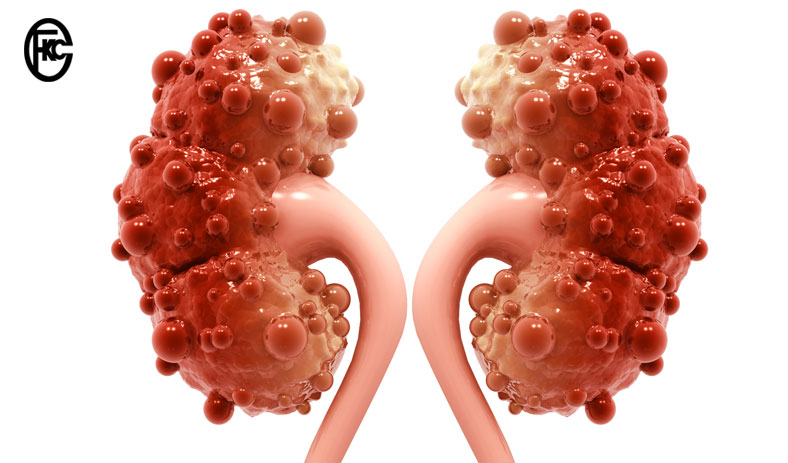
Overview:
Polycystic Kidney Disease (PKD) is a genetic disorder that causes numerous fluid-filled cysts to form in the kidneys. These cysts can grow over time, leading to kidney enlargement and potentially causing kidney failure. PKD can be a serious condition, but with proper understanding and management, individuals with PKD can live a full and healthy life.
Here are some following ways to better understand PKD, including its causes, symptoms, and treatment options:
1. Genetic Causes:
PKD is caused by mutations in certain genes that are inherited from one or both parents. Two types of PKD: Autosomal Recessive PKD (ARPKD) and Autosomal Dominant PKD (ADPKD). ADPKD is more common and usually develops in adulthood, while ARPKD is rare and typically diagnosed in infancy or childhood.
2. Symptoms:
The most common symptoms of PKD include high blood pressure, back or side pain, abdominal bloating, frequent urination, blood in the urine, and kidney stones. As the cysts grow larger, they can cause further complications such as kidney infections, kidney stones, and eventually kidney failure.
3. Diagnosis:
PKD is usually diagnosed through imaging tests such as ultrasound, CT scans or MRI. A family history of PKD and genetic testing can also help in confirming the diagnosis.
4. Complications:
In addition to kidney failure, PKD can lead to other complications such as liver cysts, brain aneurysms, cysts in other organs, and heart valve abnormalities. It is important for individuals with PKD to be monitored regularly for these potential complications.
5. Treatment Options:
Treatment for PKD focuses on managing symptoms and slowing the progression of the disease. This may include medications to control blood pressure, pain management, and lifestyle modifications such as a low-sodium diet and regular exercise. In some cases, surgery or dialysis may be necessary if kidney function declines significantly.
6. Lifestyle Modifications:
Individuals with PKD can benefit from maintaining a healthy lifestyle, including eating a balanced diet, staying hydrated, avoiding smoking and excessive alcohol consumption, and managing stress.
7. Genetic Counseling:
Genetic counseling can be helpful for individuals with PKD who are planning to start a family, as there is a 50% chance of passing on the genetic mutation to their children. Understanding the genetic risk can help individuals make informed decisions about family planning.
8. Support Networks:
Joining a support group or connecting with others who have PKD can provide valuable emotional support, information, and resources. Sharing experiences and tips with others who understand what it's like to live with PKD can be empowering and comforting.
9. Research and Clinical Trials:
Stay informed about the latest research and clinical trials related to PKD. Participating in clinical trials can provide access to cutting-edge treatments and therapies that may help improve outcomes for individuals with PKD.
10. Regular Monitoring:
Regular monitoring of kidney function through blood tests, urine tests, and imaging studies is essential for individuals with PKD. Early detection and management of complications can help preserve kidney function and improve quality of life. It is important to work closely with healthcare providers to develop a personalized treatment plan and stay proactive in managing PKD.
Conclusion:
Individuals with PKD can take control of their health and well-being by understanding the causes, symptoms, and treatment options for Polycystic Kidney Disease. With proper management and support, it is possible to live a fulfilling life with PKD.